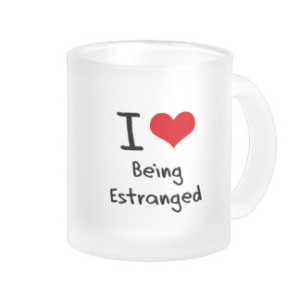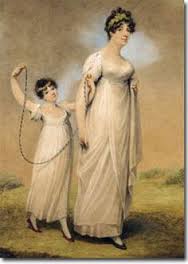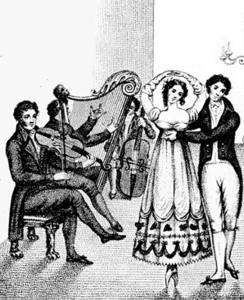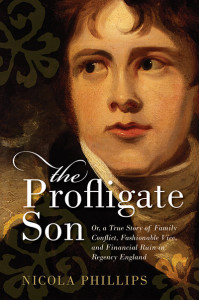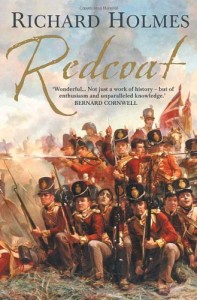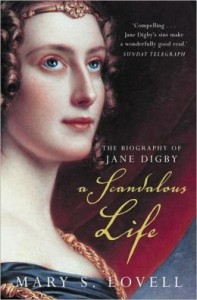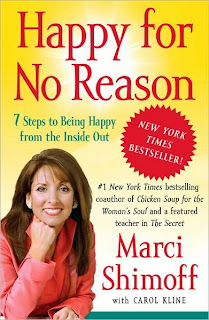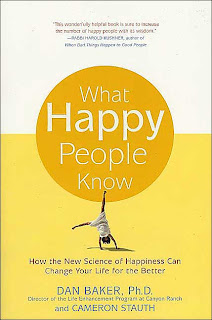Everyone, please give a warm welcome to Rose Lerner, who’s here to talk about her latest release, True Pretenses, and give away a copy to one lucky commenter!
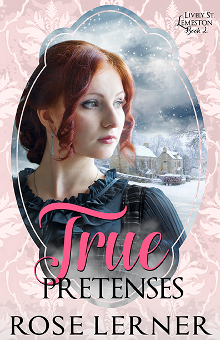
Never steal a heart unless you can afford to lose your own.
Through sheer force of will, Ash Cohen raised himself and his younger brother from the London slums to become the best of confidence men. He’s heartbroken to learn Rafe wants out of the life, but determined to grant his brother his wish.
It seems simple: find a lonely, wealthy woman. If he can get her to fall in love with Rafe, his brother will be set. There’s just one problem—Ash can’t take his eyes off her.
Heiress Lydia Reeve is immediately drawn to the kind, unassuming stranger who asks to tour her family’s portrait gallery. And if she married, she could use the money from her dowry for her philanthropic schemes. The attraction seems mutual and oh so serendipitous—until she realizes Ash is determined to matchmake for his younger brother.
When Lydia’s passionate kiss puts Rafe’s future at risk, Ash is forced to reveal a terrible family secret. Rafe disappears, and Lydia asks Ash to marry her instead. Leaving Ash to wonder—did he choose the perfect woman for his brother, or for himself?
Warning: Contains secrets and pies.
And now here’s Rose:
True Pretenses is your second book in a village-set series. Did you find writing it easier or harder than a stand-alone?
Definitely easier. Having an established world meant there were so many things I didn’t have to stop and think about. I already had a map of Lively St. Lemeston, for example (you can see it on my Lively St. Lemeston Pinterest board).
However, the two books were pretty loosely linked (if you’ve read Sweet Disorder, the heroine of True Pretenses is the daughter of Nick’s mom’s political archnemesis Lord Wheatcroft). So as far as writing characters and plot was concerned, it didn’t make too much difference.
What was your inspiration for this book?
I was watching Mark Ruffalo movies after The Avengers came out. One of them was a movie called “The Brothers Bloom” in which he and Adrien Brody are good-looking Jewish con artist brothers. The ending of the movie upset me so much that I had to fix it.
The basic set-up of the movie is that Adrien Brody wants to go straight, so Mark Ruffalo tries to set him up with Rachel Weisz, an endearingly eccentric heiress. Something that I realized while turning it over in my mind was that Mark Ruffalo set his brother up with someone exactly like him. Now, this is not an uncommon plotline, but usually it’s leading to either (A) “I set you up with a mini-me because I’m in love with you myself” or (B) “I arbitrarily decided you would be perfect with this person and pressured you into dating them and then HORRIBLY BETRAYED YOU by falling in love with them myself” (cf. Dan/Blair on Gossip Girl. Blair, Serena would have been FINE with you guys dating if you hadn’t gone ON AND ON about how she and Dan should get back together first, and tricked them into going on a weird Valentine’s Day date, and planted old people in the restaurant to talk about how great marrying your high school sweetheart is, and and and).
I went with option (B) for obvious reasons. Delicious angst! BUT with a happy ending, UNLIKE “The Brothers Bloom”. (Seriously, I love the movie, watch it, but BE WARNED.)
Did you learn anything that surprised you in your research? (I’m particularly interested in how you researched your hero’s background, since he’s not your typical Regency hero on several levels.)
I was surprised by how many Jews were involved in the Regency criminal world! Apparently most London fences were Ashkenazi Jews, for example, who had immigrated from the Netherlands and still had the connections to offload hot items there.
The word “swindler”, which my hero Ash uses to describe himself (“confidence man” is first attested in 1849, and in the US), entered the English language in the 1760s probably as a borrowing from Yiddish. (See a summary of the debate here. When it first came into use, the word had a much narrower meaning in bankruptcy fraud.)
I almost hesitate to share that because I don’t want to contribute to anti-Semitic stereotypes, but on the other hand, I don’t think that erasing Jewish criminals in favor of imagining an all-Englishborn all-Gentile underworld is any better.
Some books that were helpful to me in building Ash’s backstory were The Jews of Georgian England by Todd Endelman, The Regency Underworld by Donald Low (especially the chapter “Nurseries of Crime” about child criminals), The Big Con by David Maurer (a very entertaining history of American con artists that provided the blueprint for most modern heist stories and requires no background knowledge to enjoy), and A Vocabulary of the Flash Language (1819) by James Hardy Vaux, which not only teaches slang terms, but indirectly demonstrates a lot about London criminal culture and practice.
What was the most difficult part of the book to write?
Ash and Lydia are both very different from me! They don’t like reading fiction, they live in the moment, they get a thrill from taking risks, in their hearts they don’t really care about the rules, they aren’t cranky and enjoy crowds. There were a lot of times where I was writing them and thinking Ugh I would hate this SO MUCH but I guess it doesn’t really bother Ash.
Read any good books lately?
I feel like I’ve read ONLY good books lately! I think as I get older I get better and better at knowing my own taste and avoiding books I won’t enjoy. A few standouts: A Bollywood Affair by Sonali Dev, Jeannie Lin’s new steampunk Gunpowder Alchemy, and Secrets of a Scandalous Heiress by Theresa Romain (yay for a Bath setting!).
What do you do when you’re not writing or reading?
Apart from working at my day job (cooking), mostly watching TV with my BFF. Fiction is my jam, and TV is fiction you can enjoy in real time with someone else! At the moment we’re obsessed with Leverage and enjoying The 100, Selfie, Forever, Brooklyn Nine-Nine, and an embarrassing number of others.
What’s next for you?
The third Lively St. Lemeston book comes out in January 2016! It’s called Listen to the Moon and it’s about Toogood (Nick’s impassive valet) and Sukey (Phoebe’s snarky maid) from Sweet Disorder. I’m writing it now and I can’t wait to share it with everyone!
———-
Thanks for visiting today, Rose!
If you’d like a chance to win a copy of True Pretenses, comment and tell us who your favorite fictional criminal is.
Also, note that the first Lively St Lemeston book, Sweet Disorder, is on sale for $0.99 at all retailers through tomorrow, January 20. And last but not least, Rose is giving away a con artist gift basket on her blog.
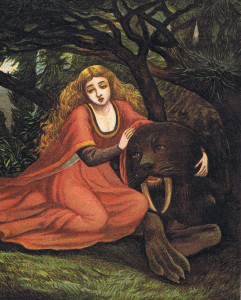 Can we talk about #tropes? Romance fiction is full of them, and some are specific to Regency romance. Do you have favorite tropes that always draw you to a story? Or some that guarantee you won’t pick up a book? I got a poor Amazon review for my book An Unlikely Hero mostly because it was a “house party” story and the reader was sick of those. I do wonder why she bought it!
Can we talk about #tropes? Romance fiction is full of them, and some are specific to Regency romance. Do you have favorite tropes that always draw you to a story? Or some that guarantee you won’t pick up a book? I got a poor Amazon review for my book An Unlikely Hero mostly because it was a “house party” story and the reader was sick of those. I do wonder why she bought it!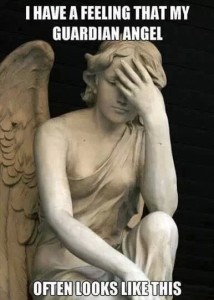 Ghosts/guardian angels/magic locket–i.e. Something paranormal outside of self influencing the romance.
Ghosts/guardian angels/magic locket–i.e. Something paranormal outside of self influencing the romance.

